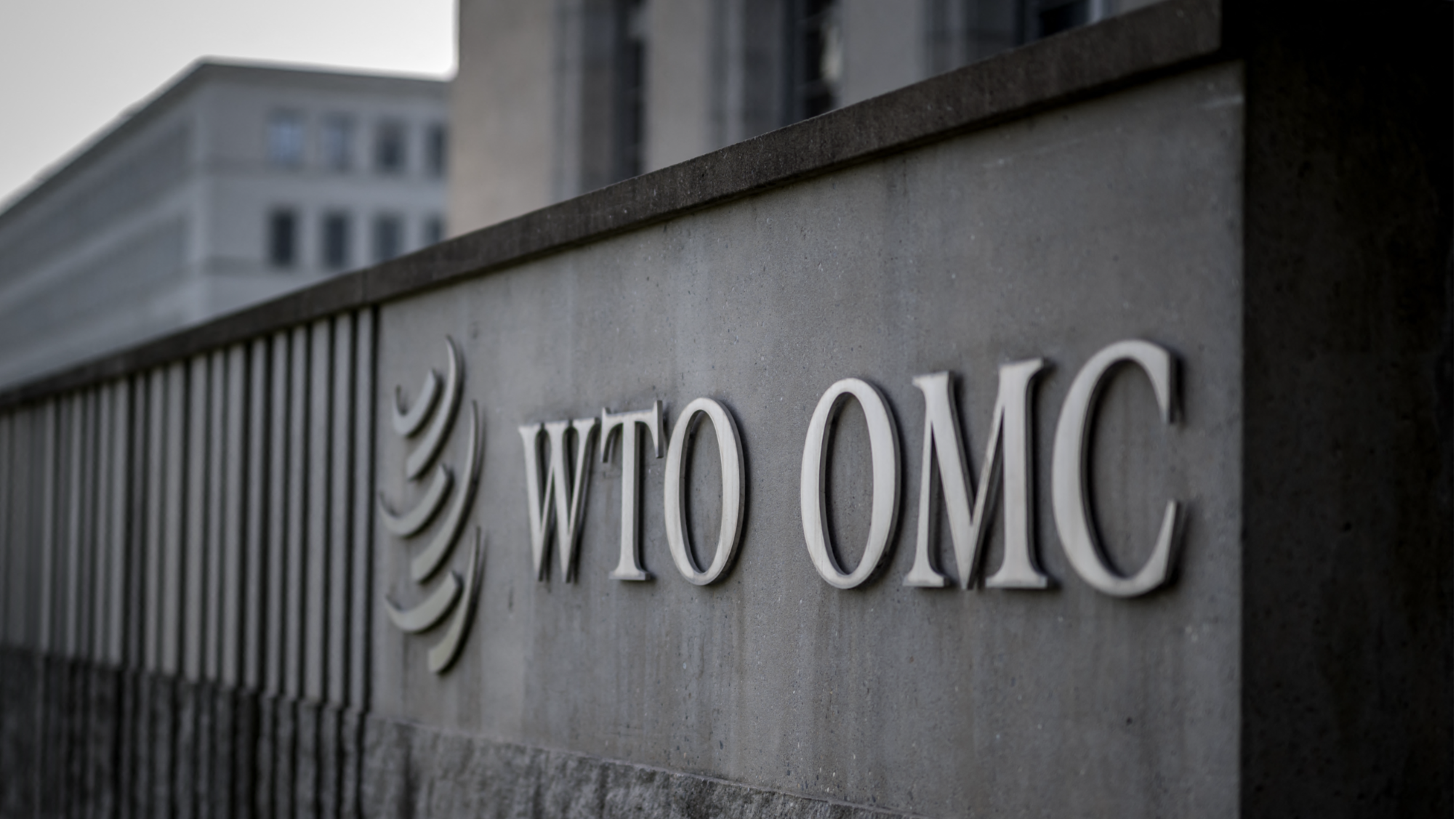
GENEVA - India and Japan have recently notified the World Trade Organization (WTO) of potential retaliatory measures in response to US tariffs on steel and aluminum.
The European Union (EU) and Britain had submitted similar notifications to the WTO earlier.
WTO documents show that both India and Japan argue that the US tariffs, imposed since March 2018, constitute safeguard measures under the WTO Agreement on Safeguards, although they were not officially notified by the United States to the WTO. In line with this agreement, the two countries, respectively, stated that they reserve the right to suspend concessions and other obligations by imposing additional tariffs on selected US imports.
READ MORE: Global ripple effect of sweeping US tariffs
India estimates that the tariffs will affect $7.6 billion worth of its relevant exports to the United States, generating 1.91 billion dollars in duties. India has vowed to impose "an equivalent amount of duty collected from products originating in the United States" as part of its proposed suspension of concessions.
Japan's WTO notification reveals that its retaliatory measures will target not only US steel and aluminum tariffs, but also American import restrictions on automobiles and auto parts.
The proposed suspension of concessions will take the form of an equivalent increase in duties on selected US products, said the notification, adding that the details, based on the most recent export data, will be provided to the WTO prior to the implementation.
The United States began imposing 25 percent tariffs on steel and 10 percent on aluminum imports in March 2018 under Section 232 of the 1962 Trade Expansion Act, citing "national security concerns."
In February 2020, these tariffs were extended to derivative steel and aluminum products.
Starting from March 12, 2025, the Trump administration raised tariffs on aluminum from 10 percent to 25 percent and ended duty-free quotas, exemptions and exclusions for steel and aluminum tariffs.
READ MORE: Trump’s tariffs will end up backfiring on US
These measures have triggered widespread condemnation and opposition. The EU and Britain have also notified the WTO that they reserve the right to suspend the substantially equivalent concessions.


